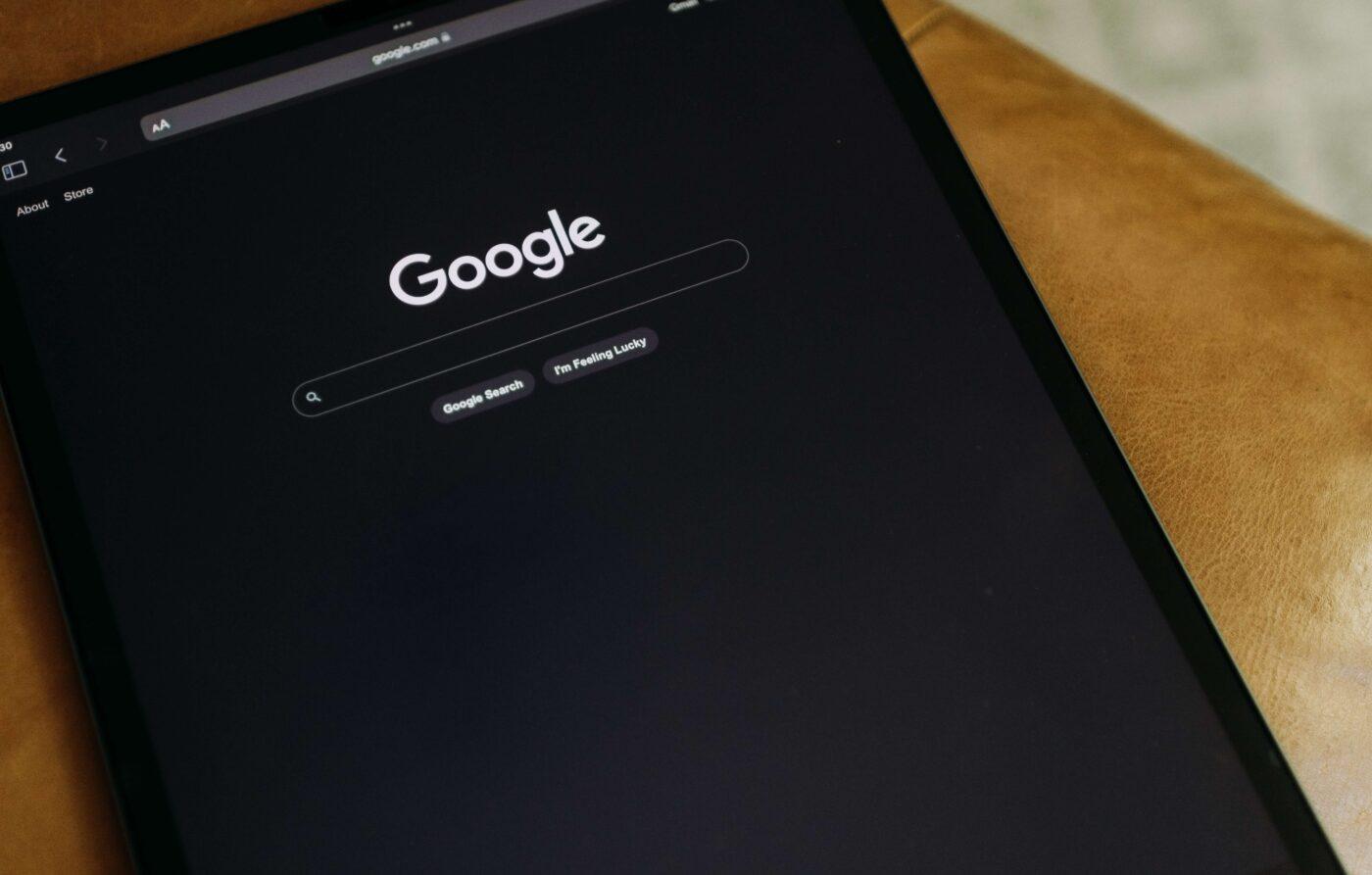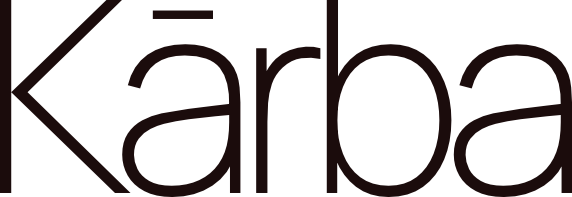When it comes to online marketing, there are two main ways to increase traffic to your website: organic search and paid search. Both have their own set of benefits and drawbacks, which we’ll explore in this blog post. So, without further ado, let’s take a closer look at the pros and cons of organic search vs. paid search.
Organic Search Pros
- You don’t have to pay for clicks (like you do with paid search).
- Organic results are more trusted than paid results by users. In fact, a study by SEOmoz showed that organic results are 8.5 times more likely to be clicked on than paid results.
- Organic results tend to get more clicks than paid results even when they’re not in the #1 spot on the SERP (search engine results page). In fact, according to a study by Chitika, the #2 organic result gets 18% of the clicks while the #1 spot only gets 30% of the clicks on average.
- Organic search is FREE! (Well, technically you have to pay someone to do your SEO for you or do it yourself).
Organic Search Cons
- It can take months or even years to See Results from Organic Search.
- SEO is complex and ever-changing so it can be difficult (and costly) to keep up with the latest best practices.
- The top organic spots on SERPs are limited (there can only be 10), which means increased competition for those coveted positions.
Paid Search Pros
- Paid search results are immediate – you can start seeing results as soon as you launch your campaign.
- You have complete control over your paid search campaigns – you can change your keywords, ad copy, and bid amounts at any time.
- You can target your ads very specifically using things like demographics, interests, etc.
- Paid search is very measurable – you can track everything from click-through rate (CTR) to conversion rate so you can easily see what’s working and what isn’t.
Paid Search Cons
- Paid search can be expensive, especially if you’re in a competitive market.
- There’s always the risk that your competitors will outbid you for your own keywords.
- Your ads will stop appearing as soon as you stop paying for them.
- Paid search requires ongoing management and optimization to be effective.
Use both Organic and Paid Searches for optimal results
No matter what your budget is, or what your goals are, it’s important to use both organic and paid search in your online marketing strategy. Each one has its own set of advantages and disadvantages, but when used together, they can complement each other perfectly.
For example, let’s say you’re a small business owner with a limited budget. You might want to focus your efforts on organic search since it’s free (or at least, relatively inexpensive) and you can get long-term results. But you shouldn’t completely ignore paid search – even a small budget can go a long way if it’s managed correctly.
On the other hand, let’s say you’re a large corporation with a big budget and you’re looking for immediate results. In this case, paid search would be your best bet. But again, you shouldn’t completely ignore organic search – it can still provide valuable traffic and leads, even if it takes longer to see results.
The bottom line is this: both organic and paid search are important, and you should use both in your online marketing strategy. With a little bit of planning and effort, you can make them work together perfectly to help you achieve your goals.
Conclusion
As you can see, there are both pros and cons to organic search vs. paid search. So, which one is right for you? Well, that depends on a number of factors including your budget, your time frame, and your marketing goals. For some businesses, it makes sense to invest primarily in organic search while others might find better success with a mix of both organic and paid search. Ultimately, it’s up to you to decide what’s best for your business. Just remember that both methods have their own unique set of advantages and disadvantages that should be taken into account before making a decision.

